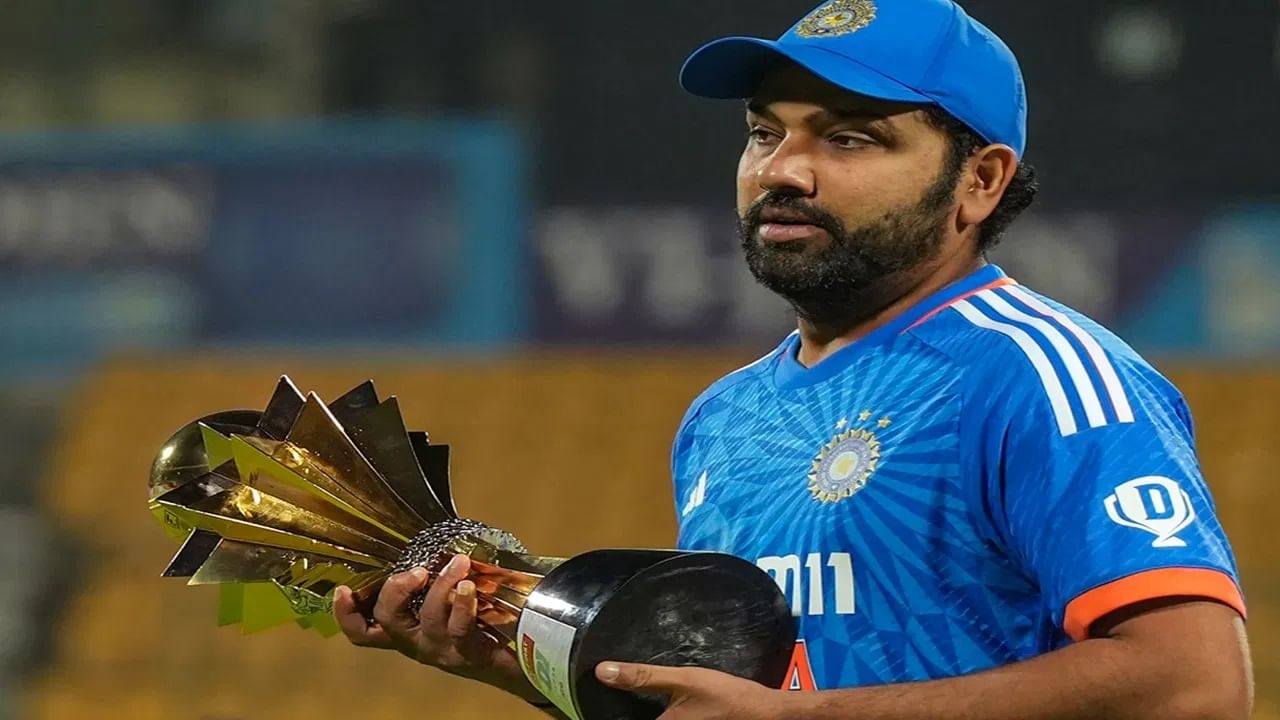[ad_1]
Did Rohit Sharma make a mistake by playing the T20 series against Afghanistan? Sunil Gavaskar raised the question (Pic Credit: PTI)
After defeating Afghanistan by 3-0 in the T20 series, now Team India is a big challenge for England. The five-match Test series between India and England begins on January 25. Team India may face tough competition in this series as the England team now plays Test cricket in a different style. Their baseball cricket has been very popular. This is why this team cannot be taken lightly. Sunil Gavaskar also feels the same and that is why he is questioning the players of Team India and the preparations for this Test series.
What did Gavaskar say?
Sunil Gavaskar has questioned the preparations of Team India in an article published in Sportsstar. According to him, some of India's batsmen should have played the Ranji Trophy match instead of playing the T20 series against Afghanistan. Gavaskar said that KL Rahul and Virat Kohli have scored runs in red ball cricket. He played well in South Africa but what did the rest of the batsmen do? Gavaskar further wrote that in the coming time we will see whether the players of Team India should have played the Test series against Afghanistan or not?
Preparations will start from January 20
The head coach of Team India had recently informed that the team's training camp will start from January 20. The Indian team will practice in Hyderabad. After the series against Afghanistan, the players of Team India have been given a two-day holiday and after that they will all gather in Hyderabad. Let us tell you that the Test series against England is very important for the team. If Team India wants to reach the finals of the World Test Championship, they will have to beat England by a huge margin in the Test series.
[ad_2]
